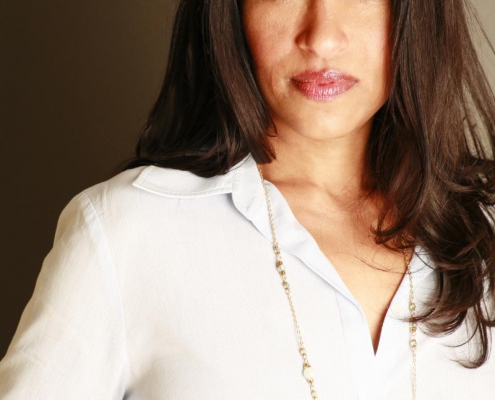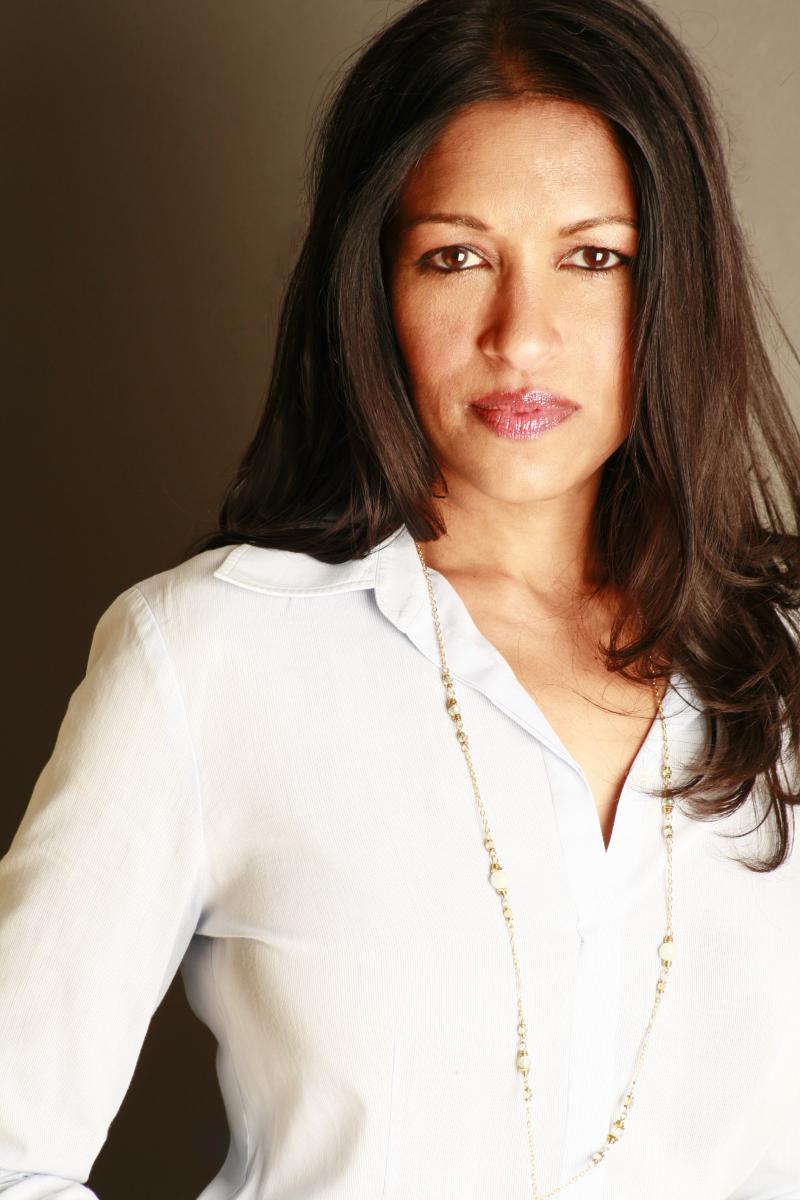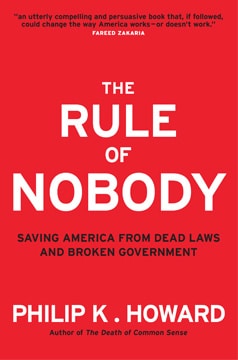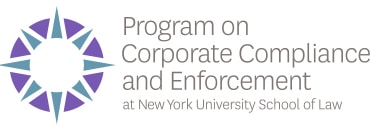Tag Archive for: law

The Case for an Entrepreneurial State
Blog
It’s Time for a New Agenda for Business Integrity
Blog
When Surveillance Is Self-Defeating
Blog
Featured Expert Mira Dewji, Attorney, Adjunct Professor and Strategic Advisor
BlogFeatured Expert Mira Dewji, Attorney, Adjunct Professor and Strategic Advisor
 What are your current areas of work and instruction?
What are your current areas of work and instruction?
I’m a practicing attorney in the social impact sector and an Adjunct Professor in the Business and Society Program at NYU’s Stern School of Business. I provide legal and strategic advice to high-impact social enterprises, small businesses, foundations, and nonprofits whose means and ends align with my values. I see the law as a tool with which I can craft, protect and facilitate my clients’ social objectives. Perhaps because my clients are organizations and not individuals, my interest in business ethics is at the organizational level. When social impact is framed as ethics, it adopts a powerful lexicon. A business or industry’s responsibility becomes more than merely a conversation around compliance with law or private sector benevolence. Social impact encompasses the duties and relationship between an organization and the environment that facilitates its existence.
From this perspective, it is not sufficient for an organization to maintain certain ethical practices with key stakeholders such as employees, customers, and partners. Designing systems that define and foster company values such as honesty, integrity, transparency, accountability, trust, and ethical leadership are essential. But organizations also participate in shaping societal values and outcomes, and the extent to which a company embraces that responsibility is a reflection of its ethics.
Is Your Legal Department Creating Organizational Risk?
Blog
At the 2017 Global Ethics Summit, put on by the Ethisphere Institute, Caroline Rees of SHIFT spoke on a panel about business and human rights.
When asked about differences in stakeholder management approaches between European and U.S. businesses, and why U.S. companies are not as far along as their European counterparts, she highlighted that U.S. lawyers have a more dominant role.
When business leaders want to audit their supply chain, for example, lawyers often warn against such initiatives in the absence of a regulatory mandate. But, as Rees discussed, the existence of human rights risk in your supply chain is not a secret -- it’s just a question of when and how it will be exposed.

Interview with Rashmi Airan: Law, Blindspots, Prison and Redemption
Blog An interview with Rashmi Airan, speaker on ethics, law and culture; leadership and compliance consultant; and growth strategist
An interview with Rashmi Airan, speaker on ethics, law and culture; leadership and compliance consultant; and growth strategist
Background:
Rashmi was a successful lawyer who graduated with honors from Columbia Law School. After working for several major corporations, she launched an independent law practice in Miami, Florida. During the housing boom, she was recruited to work with a local real-estate developer who later engaged in shady business practices. Her involvement resulted in a one year sentence in Federal prison, alongside a $19M judgment against future earnings, required community service hours and 3 years supervised release. As a mother of two and devoted community activist, Rashmi has reconfigured her subsequent career to focus on growth strategies and leadership/compliance training for firms, corporations, and graduate schools. She has also become widely known as a public speaker, sharing her story to help illustrate the ethical perils and situations that can result from a drive to succeed and the blindspots created when pursuing a goal.
This interview has been edited and condensed from a conversation on January 19, 2017.
1) What are the main takeaways from your story that you want others to know?
I believe there are many reasons why I am telling my story. I want to help people so that they do not find themselves in the same predicament that I was in and make different choices when faced with daily “gray” decisions. I finally came to a place of peace that I had done something wrong when I gave myself the freedom to forgive. After I forgave myself, my lessons became clearer. I reflected on different business relationships and the fact that I had not looked into things deeply enough. I know there are lessons for both young and seasoned professionals. I believe I can enlighten people to the fact that there is a fine line and we must all walk between the two sides of right and wrong and choose to be on the right side of the line.

Book Summary: The Rule of Nobody
Book Summaries, Law, Practitioner, Professor, ResearcherIn The Rule of Nobody, Philip Howard describes how bureaucracy is stifling U.S. institutions as well as the spirit of autonomy and free will among Americans. We live within a system whereby layers upon layers of often incomprehensible and inconsistent regulations, mandatory disclosures and requirements create a society that is “governed by dead laws” — meaning that since many of today’s laws are so outdated, they have been rendered irrelevant because layers of new (and sometimes inconsistent) laws have been enacted after them, or they have become otherwise destructive to the social good because they hamper progress.

The Rule of Nobody [homepage | public library]
By: Philip K. Howard
Summarized by Azish Filabi
The book is packed with examples of inept laws replacing common sense human judgment. In many cases, government agencies are comprised of well-meaning individuals who can’t apply their common sense and best judgment to resolve the problems they are hired to manage.
His recommendations for restoring human control of democracy and bringing about good government involves a series of reforms (summarized below) towards principles-based regulation, including appointing independent commissions to review and propose amendments to existing laws, to mandatory sunset provisions of all laws with budgetary impact, thus compelling Congress to consider the present needs of constituents when allocating expenditures.

Crediting the Behavioral Approach
Blog This piece has been cross-posted from the NYU Law Compliance and Enforcement blog.
This piece has been cross-posted from the NYU Law Compliance and Enforcement blog.
By: Timothy J. Lindon, Vice President and Chief Compliance Officer at Philip Morris International Inc.
The compliance message to companies from Washington is practical and encouraging. Regulators are not looking to reward check-the-box programs or companies that simply say the right things about integrity in their Codes of Conduct. They are looking for innovative approaches that work to prevent misconduct in the real world, and can be measured.
The problem of course is identifying and measuring what works. We have lots of compliance metrics like training completion rates and the number of helpline calls, but none of them measures fully the impact of our programs on ethical decisions by individual employees. In fact, research shows that many of the activities credited under the federal sentencing guidelines may actually be counter-productive. For example, training that is regarded by employees as a check-the-box exercise is viewed as insincere and undermines compliance with policies.
So what works?

Featured Collaborator for April: Jeffrey Kaplan
BlogInterview with Jeffrey Kaplan, partner in the Kaplan & Walker LLP law firm in Princeton, New Jersey
 What are your main areas of research /writing?
What are your main areas of research /writing?
I am principally a practitioner - in the compliance and ethics (“C&E”) field - rather than a professional researcher, and I certainly have not conducted any experimental research. I have done survey research – for the Conference Board (on the role of corporate directors in promoting C&E and on shortfalls in US government enforcement policy vis a vis C&E) and for the Ethics & Compliance Initiative (the “ECI,” which used to be called the ECOA) on conflicts of interest and various C&E program practices. Also, for the past four years I have been assembling and analyzing cases and articles about conflicts of interest (“COIs”) for a blog which looks at various COI issues across varying industry contexts (e.g., what types of interests are cognizable for COI purposes or when should a waiver be permitted) I hope at some point to turn these posts into a book about all things COI-related.
Professionalism and Ethical Leadership From General Counsel’s Suite
Blog![]() Among the active debate among compliance professionals, lawyers, and commentators about the proper role of compliance within a corporate hierarchy, there is an emerging consensus that lawyers have become the “loophole finders” and that compliance must step in to protect the firm’s integrity and ethics.
Among the active debate among compliance professionals, lawyers, and commentators about the proper role of compliance within a corporate hierarchy, there is an emerging consensus that lawyers have become the “loophole finders” and that compliance must step in to protect the firm’s integrity and ethics.
Azish Filabi, CEO of Ethical Systems and Jim Lager, ES collaborator, have written a piece for Corporate Counsel that addresses this ongoing conversation. Read the piece on "Professionalism and Ethical Leadership From General Counsel’s Suite." >>
